Britain & Ireland 1066-1509
The Normans are coming – and they stayed and now we all speak French – actually we don’t , so why not? Well find out about the impact of the last great invasion into England and how the subsequent relations with France result in the Hundred Years War. Or learn about the Magna Carta and wars of the Roses – but this section is not all about war!
Sort by:
Date (Newest first) | Title A-Z
Show:
All |
Articles |
Podcasts |
Multipage Articles
-
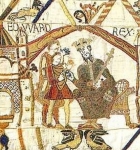
Edward the Confessor and the Norman Conquest
ArticleClick to view -
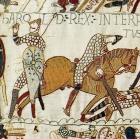
Harold Son of Godwin
ArticleClick to view -

Getting Year 7 to vocalise responses to the murder of Thomas Becket
ArticleClick to view -
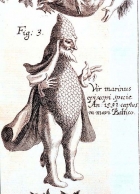
Medieval 'Signs and Marvels'
ArticleClick to view -
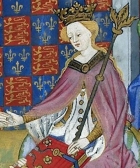
Podcast lecture: Mad or Bad? Was Henry VI a tyrant?
ArticleClick to view -
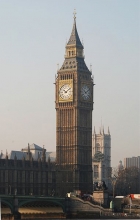
The Origins of Parliament
ArticleClick to view -
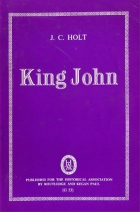
King John
ArticleClick to view -
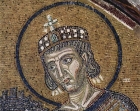
Exploring change and continuity with Year 7
ArticleClick to view -
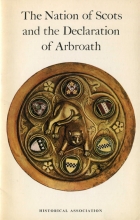
The Nation of the Scots and the Declaration of Arbroath
ArticleClick to view -
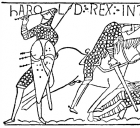
The strange death of King Harold II: Propaganda and the problem of legitimacy in the aftermath of the Battle of Hastings
ArticleClick to view -
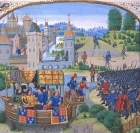
The Great Revolt of 1381
ArticleClick to view -
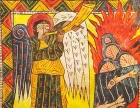
Podcasted Lecture: Why Medieval History Matters?
ArticleClick to view -
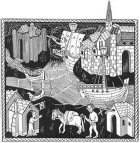
A medieval credit crunch
ArticleClick to view -

Year 7 use musical language to think about King John
ArticleClick to view -
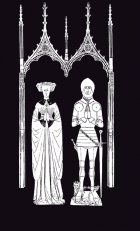
The soldier in Later Medieval England
ArticleClick to view -

1066 and all what?
ArticleClick to view -

Popular revolt and the rise of early modern states
ArticleClick to view -

Polychronicon 118: interpretations of Henry VII
ArticleClick to view -
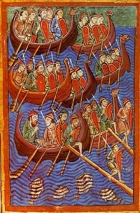
The Vikings in Britain
ArticleClick to view -

1497, Cornwall and the Wars of the Roses
ArticleClick to view

